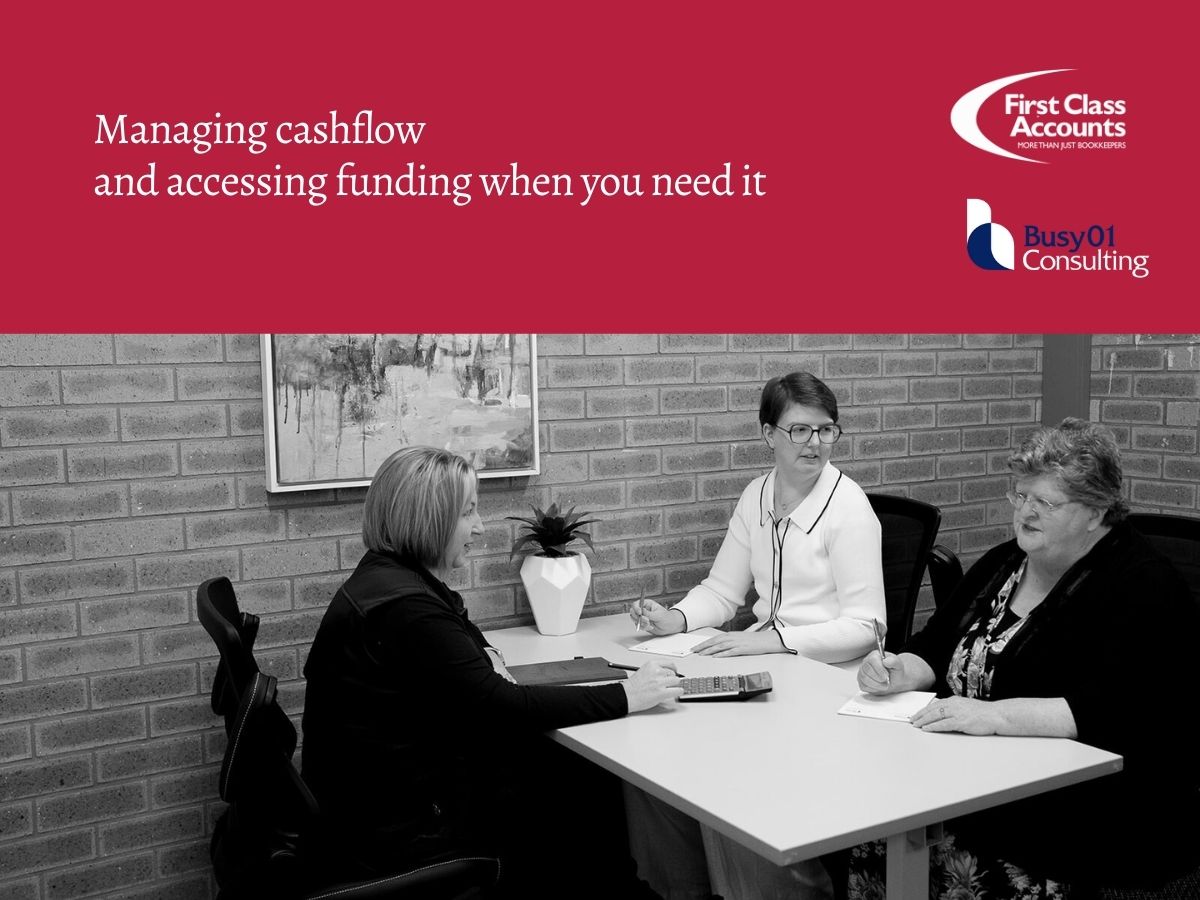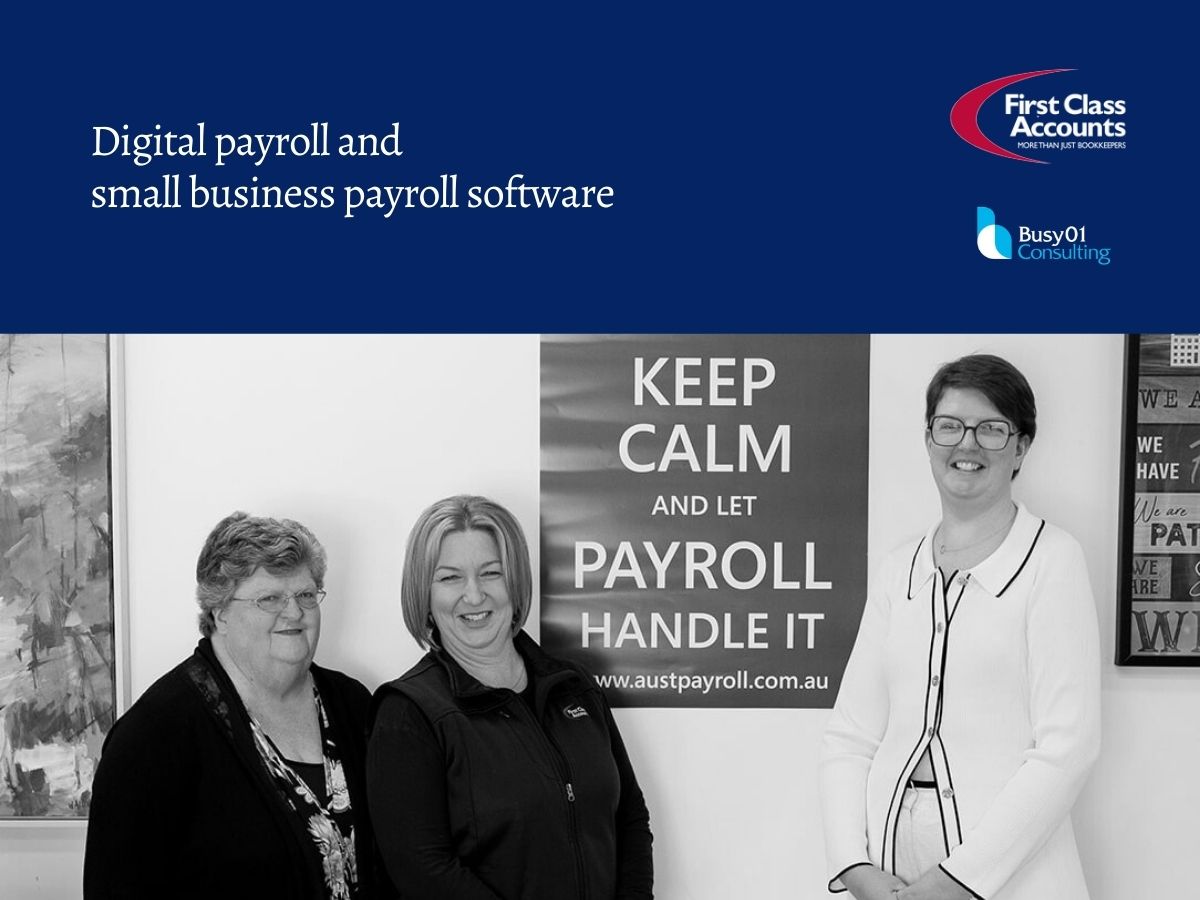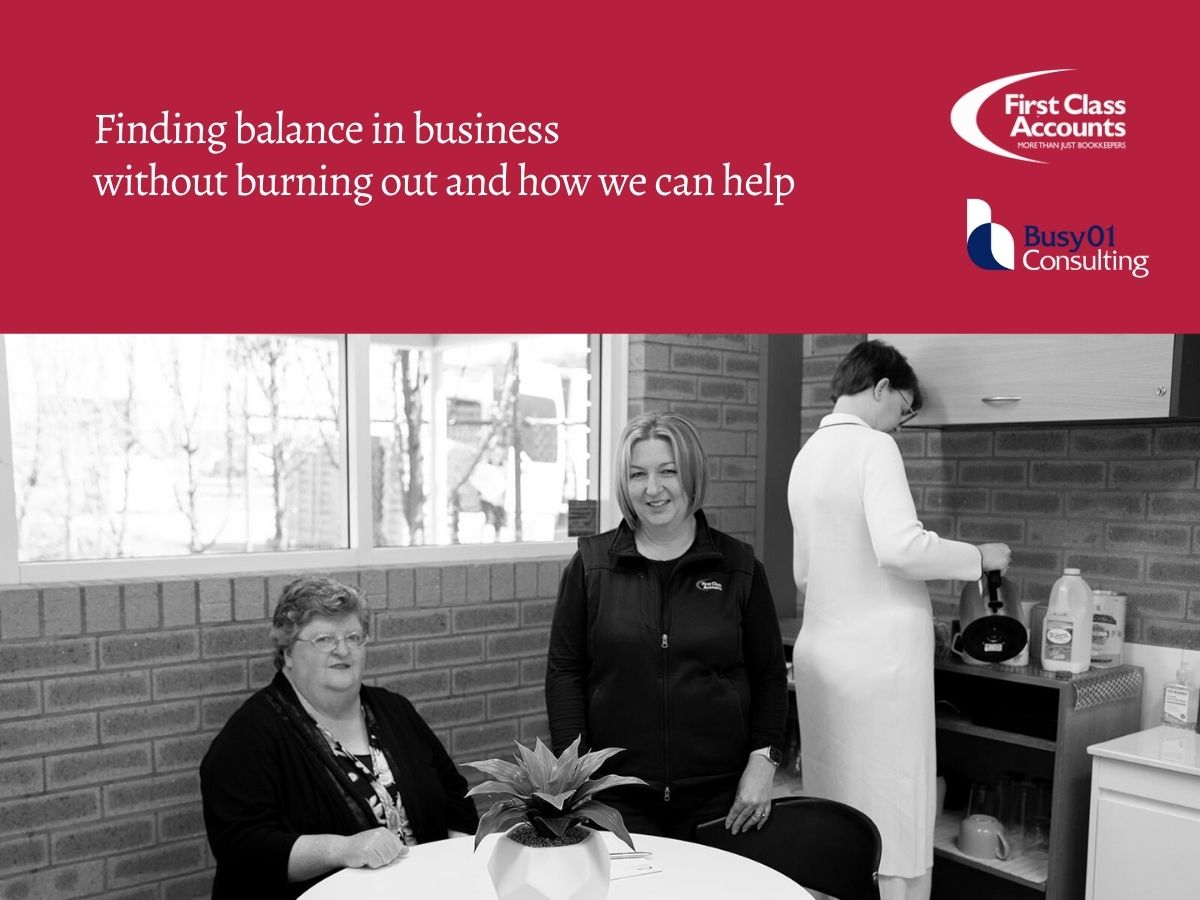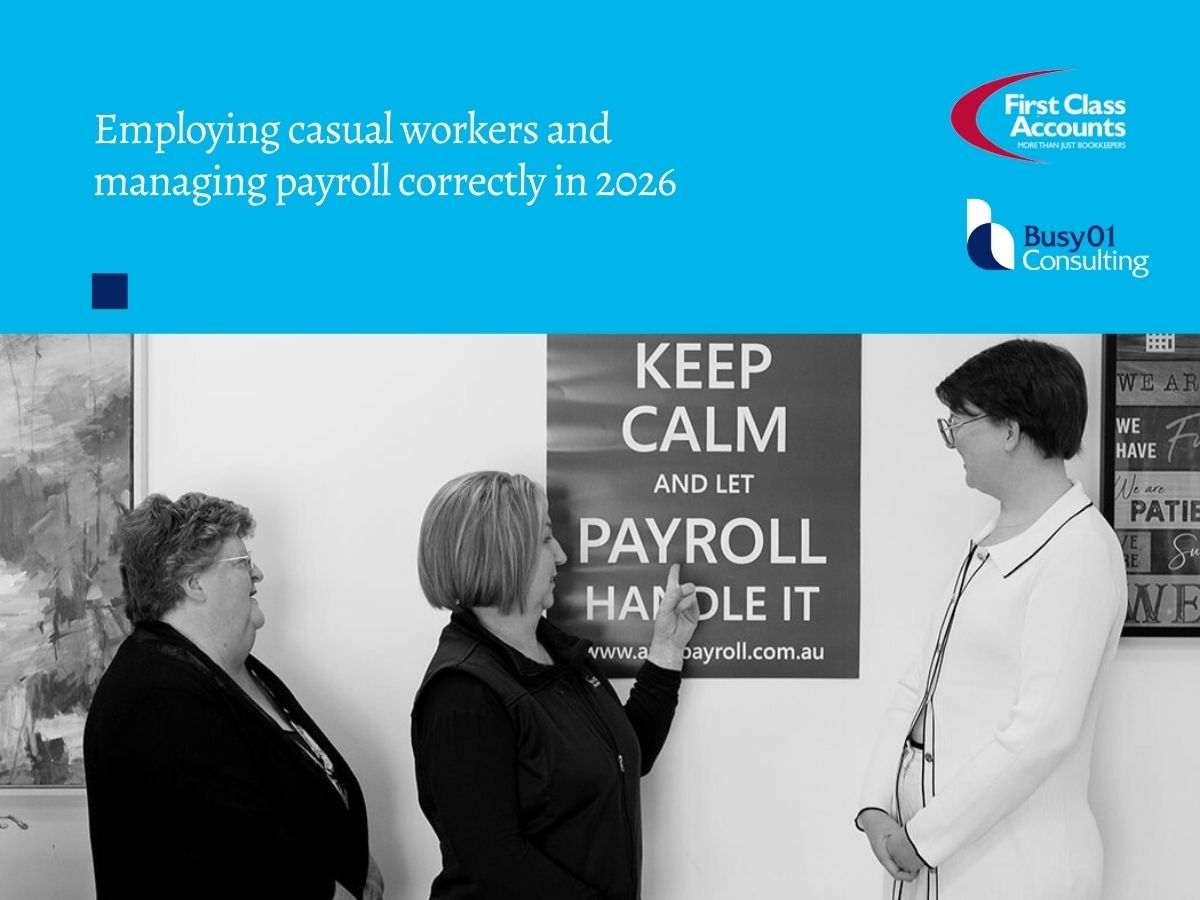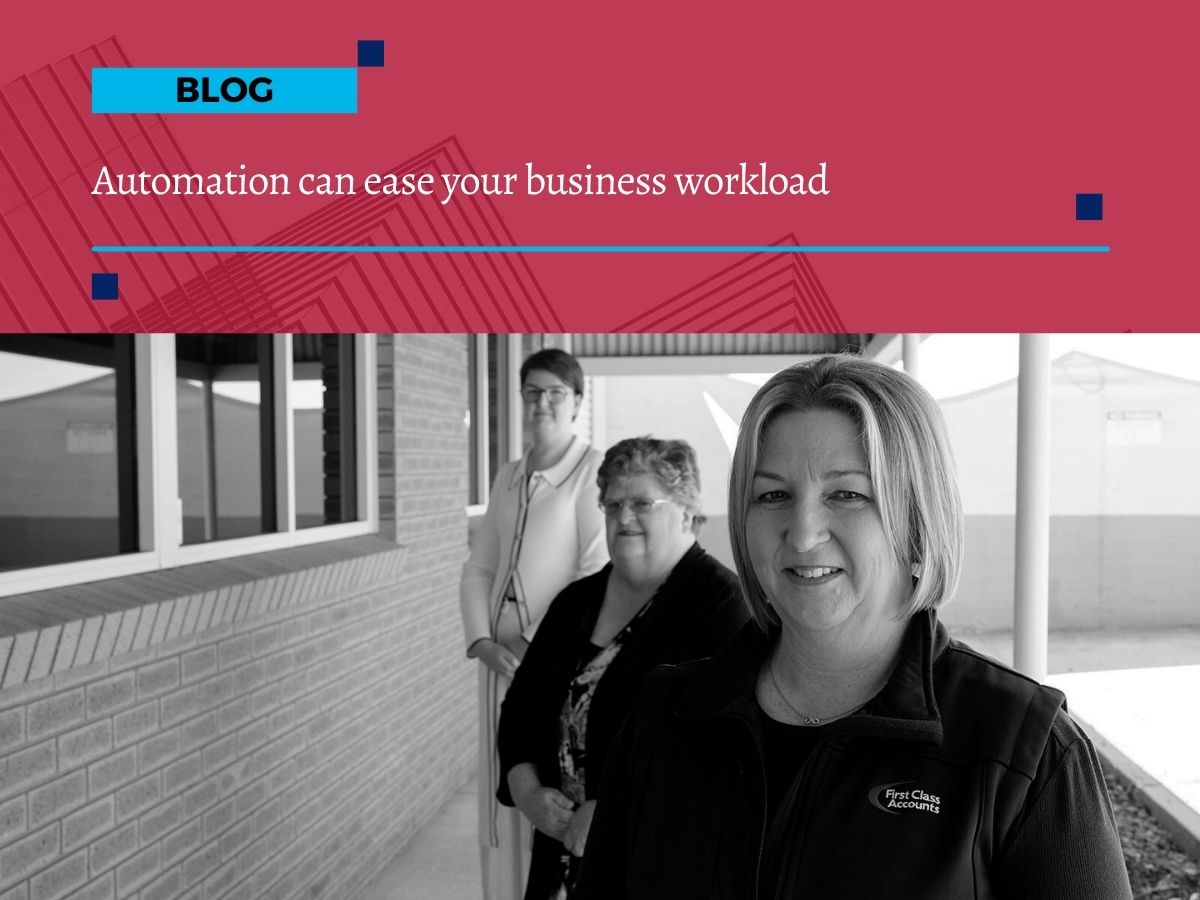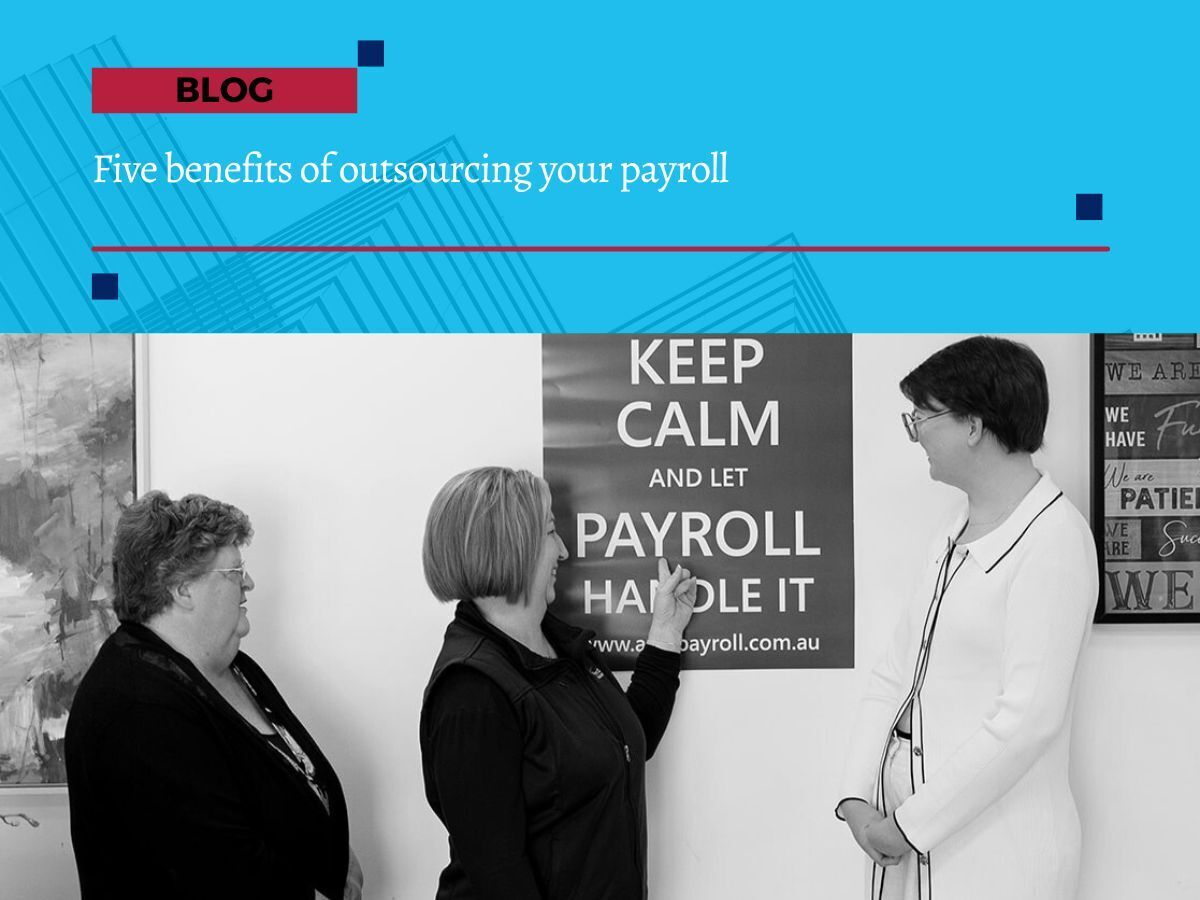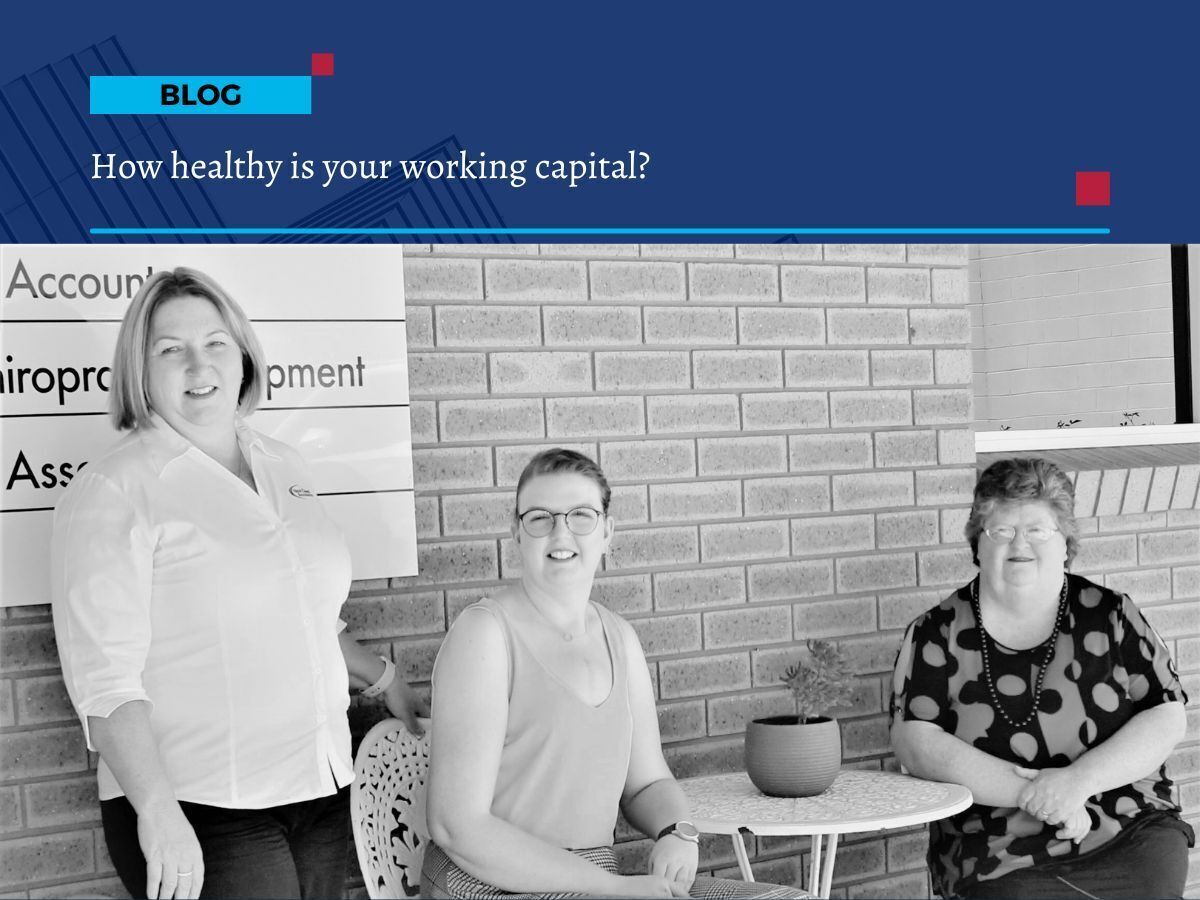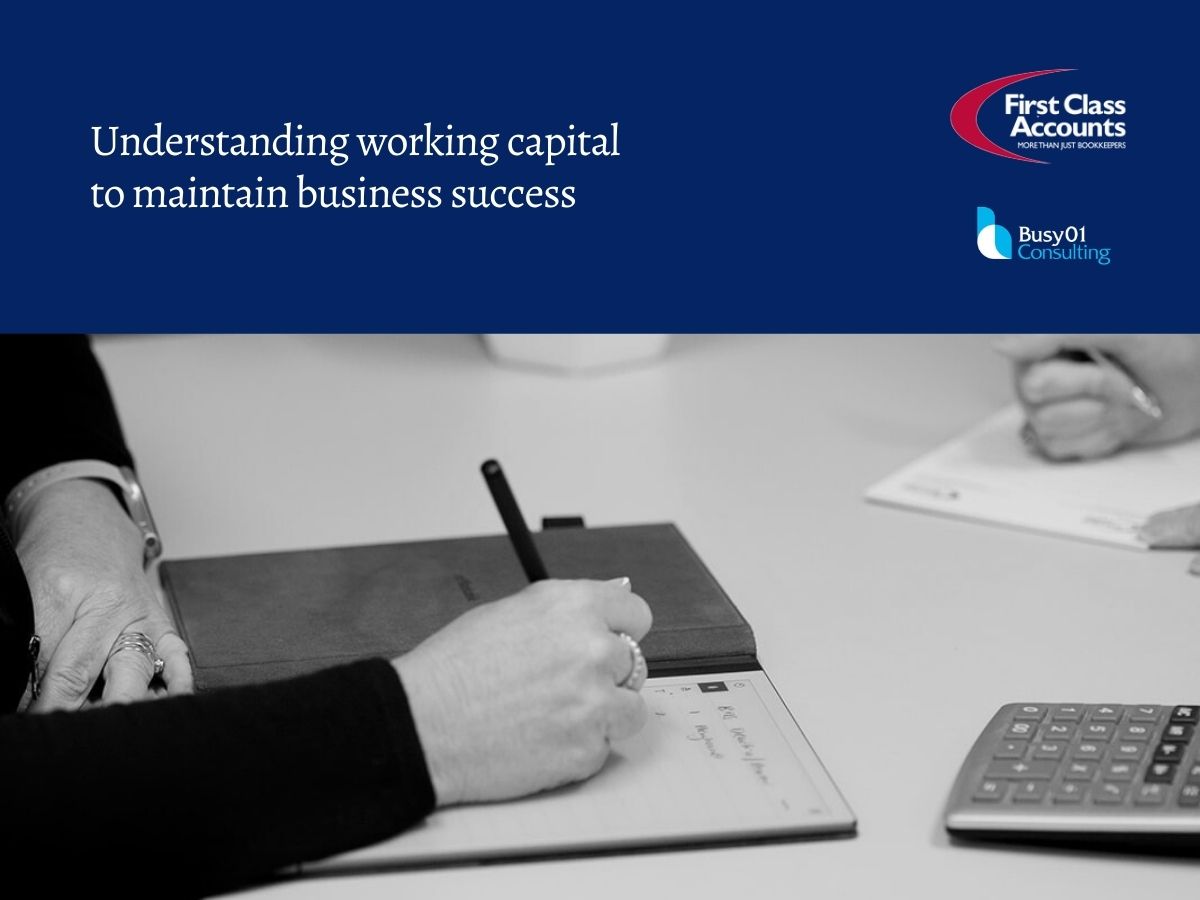
Understanding working capital to maintain business success
Understanding working capital to maintain business success
If cashflow keeps your business moving, working capital is the regular check you should undertake to ensure stability. It is important to understand your working capital position to maintain business success. Regularly checking working capital plays an essential part in protecting your business, particularly in periods of economic uncertainty, rising operating costs and shifting payment cycles.
What is working capital?
Working capital is your current assets minus your current liabilities. It measures the surplus or deficit you have available to meet short term commitments without needing to sell assets, borrow additional funds, or inject your own money into the business. The more working capital you have, the easier it is to fund growth, manage seasonal fluctuations and respond to unexpected expenses.
To calculate your working capital:
Cash + debtors + stock + work in progress minus creditors minus GST and PAYG owing minus superannuation payable
For example, if your business had the following balances:
Cash 150,000 Debtors 120,000 Stock 100,000 Creditors 45,000 Taxes owing 25,000
Then your working capital would be 300,000.
If the business had an overdraft of 150,000 rather than a positive cash balance, the working capital would fall significantly. This means the business would have little or no buffer to cover any slowdown in debtor payments or a downturn in sales. In more serious cases, the business could face risks associated with trading while insolvent.
Working capital pressure today is more commonly caused by rising supplier costs, wage increases, extended debtor terms and higher compliance obligations. Now is the time to review your processes, reporting and payment systems to strengthen your working capital position.
Consider the following strategies:
Build up enough cash to cover at least 2 months’ sales value
Use the average sales value for the last six months as a starting point, but also review your fixed monthly commitments including wages, superannuation, rent, loan repayments and subscriptions. Accurate monthly reporting ensures this calculation reflects your real cost base. First Class Accounts Ovens & Murray can help you determine the correct buffer amount based on reliable data.
Renegotiate your debt
If your business has an overdraft, consider whether the core debt should be structured as a term loan. Structured debt aligned to long term assets can reduce short term working capital pressure. Clear, up to date financial reporting strengthens conversations with lenders.
Negotiate with suppliers
Speak to your suppliers about payment terms that align with your cash inflows. Extended terms or structured payment arrangements may improve your working capital position. Consistent bookkeeping ensures these arrangements are tracked accurately.
Set aside money for taxes
Calculate the percentage of sales required to cover GST, PAYG and superannuation and transfer this regularly into a separate account. Automated systems can support this process when configured correctly. This protects your working capital and ensures compliance obligations are met on time.
Inject sufficient funds
If these strategies do not sufficiently improve your working capital, you may need to inject additional funds or secure structured finance. Decisions should be supported by cash flow forecasting and accurate reporting.
Working capital management
Undertaking regular working capital management is an effective way to strengthen your cash flow management. It should form part of your monthly review process rather than an occasional calculation.
First Class Accounts Ovens & Murray can help you calculate your working capital requirements, implement reliable systems and improve your reporting so you can make informed decisions with confidence.
Talk to us about strengthening your working capital management.
What is working capital?
Working capital is the difference between current assets and current liabilities. It shows whether a business can meet short term obligations.
How do you calculate working capital?
Working capital is calculated by subtracting current liabilities from current assets such as cash, debtors and stock.
Why is working capital management important?
Working capital management ensures wages, suppliers and tax obligations can be paid on time without creating cash flow pressure.
How often should working capital be reviewed?
Working capital should be reviewed monthly alongside regular financial reporting.
What causes working capital problems?
Delayed debtor payments, rising costs, high stock levels and poor reporting can all reduce working capital.

